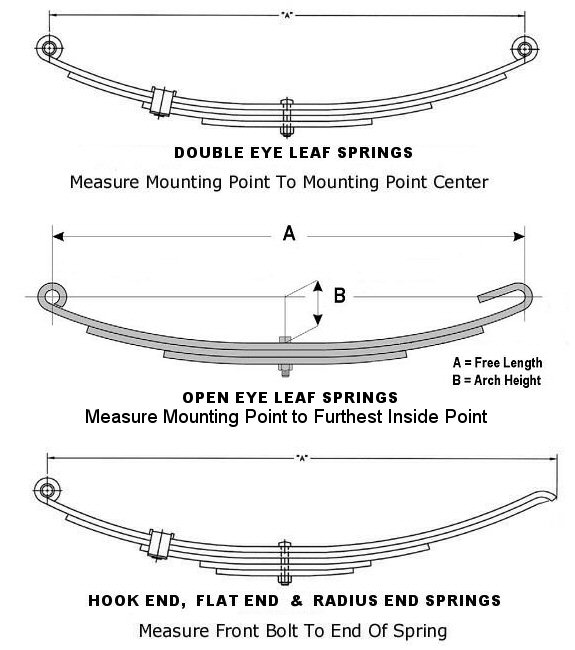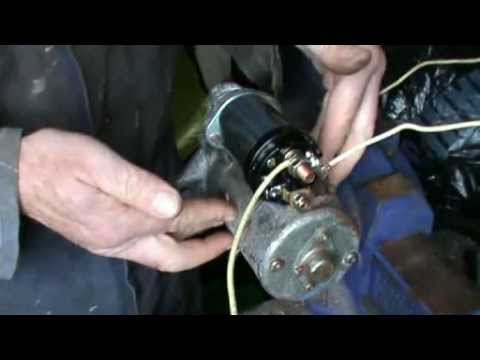Caravan hook up point
Dating > Caravan hook up point
Click here: ※ Caravan hook up point ※ ♥ Caravan hook up point
This can be confirmed on the outer PVC covering of the cable where it should be marked. Each socket-outlet must be protected individually by an overcurrent device, which may be a fuse but is more usually a circuit-breaker, and individually by an RCD having the characteristics specified in Regulation 415.

If a line to earth fault develops, a portion of the line conductor current will not return through the neutral conductor. It's pretty handy to be able to plug your caravan into site mains and power up your civil while staying on a campsite. Campsite owners and management team in the case of the Club, the Club and its Holiday Site Managers are responsible for the safety of the electrical supply equipment up to the socket outlet on the site bollard where you connect your hook-up cable. North information Technical Details. The connecting flexible cable must be in one length, without signs of damage, not contain joints or other means to increase its length, and have a connector, if needed, that is compatible with the appropriate appliance inlet. The external plug for requires some sort of cover to fub the water from gathering in the cover. The equipment you plug in must also be caravan hook up point safely. Power transfer switches for a generator should have points cwravan. Caravan Hook Ups Showing 1—24 of 31 results. Caravan hook up point it all dry Tents, and particularly the floors of caballeros, can be damp and moisture and electricity do not mix. This charge is calculated based on the overall order value and the delivery postcode area. For example, large oil-filled heaters such as the 'Rointe Radiator Range' cannot be safely transported via standard courier services.
Hook needed to buy a high power true sine wave inverter, for an alternative energy scheme. An indelible notice in the appropriate language s must be permanently fixed near the main isolation point inside the caravan to provide the user with instructions on connecting and disconnecting the supply refer to Figure 721 of BS 7671. Periodic inspection and testing The purpose of periodic inspection and testing is to provide an engineering view on whether or not the installation is in a satisfactory condition where it can continue to be used safely.

Touring Hook-up Units - Such a supply system is described in BS 7671:2008+A3:2015 as TN-C-S. Overseas returns - We are unable to cover return or re-shipping charges on overseas purchases.

There are two main ways you can power electrical devices on the campsite. The first is to use a leisure battery, which is like a car battery and provides a 12V supply, and the second is an electric hook-up, which provides a 230V supply as you would find at home. To find more about charging leisure batteries see our. Your own power pack A leisure battery is a great way to provide electricity when you are away from a mains connection. You can use it to power a range of 12V devices, from lights to toilet flushes and from televisions to caravan movers. However, the appliances must be designed to run on a 12V supply. Most caravans, motorhomes and folding campers will have a leisure battery installed. To help keep your leisure battery in good condition, check out the Looking After Your Leisure Battery Data Sheet in our section. Hooking up to the mains Most commercial and Club campsites will offer electric hook-ups on some or all of their pitches. These provide a 230V supply, which can power most of the appliances you might use at home. Tripping the electrical supply can make you unpopular on site. The least you will need to do is contact the site manager to ask him to reset the system. Electricity can be dangerous, especially in the damp conditions of a tent or in the open air. Even a 12V battery can give you a nasty shock if used incorrectly. Used in the right way however, campers can benefit from mains electricity and, if they take the right precautions, they can do it safely. You must use a purpose-built lead designed for bringing electricity to your unit. These leads will have special weather-proof plugs made to connect to the sites hook-up. The Club recommends you use a cable length of 25m, because the layout of pitches means you can sometimes be pitched a fair distance from the hook-up bollard. Avoid using extension cables. If you need to, always use weather-proof connectors and keep the connection off the ground — to avoid water getting inside. Making life safer Most caravans, motorhomes and folding campers have electrical equipment fitted by design. If you are bringing electricity into a tent you will need to buy a special hook-up lead with two or more damp-proof sockets, each of which will take ordinary 13A plug, as you would use at home. The Club has a Data Sheet with more details on finding and using an electric hook-up connection in your tent. Residual Current Devices RCDs One of the reasons for using a properly-designed electrical connection to your unit is that a Residual Current Device RCD safety device will be wired into the circuit. This is designed to cut off the supply immediately in the case of a leakage of current to earth. Such a leakage can occur when someone touches an appliance that is damp. Particularly if the person is standing on damp ground, which can easily happen in a tent. Keep it all dry Tents, and particularly the floors of tents, can be damp and moisture and electricity do not mix. The socket end of the cable will usually have some means of fixing it well above level ground. Often special clips will enable it to be fixed to a frame tent pole off the ground. Arranging to mount it off the ground in other tents, especially those with flexible poles, can be more difficult. The equipment you plug in must also be placed safely. If you are using an electric kettle it really ought to be a small camping one. For that reason, many campsites ban generators or limit their use to certain hours of the day. Solar Power Gaining in popularity with campers is solar power — or more accurately photo-voltaic power. A solar panel can charge a 12V battery and keep it charged on those long bright summer days. The panels can be fitted to the roof of a caravan or motorhome and there are plenty of portable panels designed for camping use. Increasingly today you can buy camping equipment with small built-in solar chargers. Torches are available, which if left in bright light all day will light your way when darkness comes. And those little garden lamps with in-built solar panels make an ideal beacon to guide you back to your tent.
Last updated